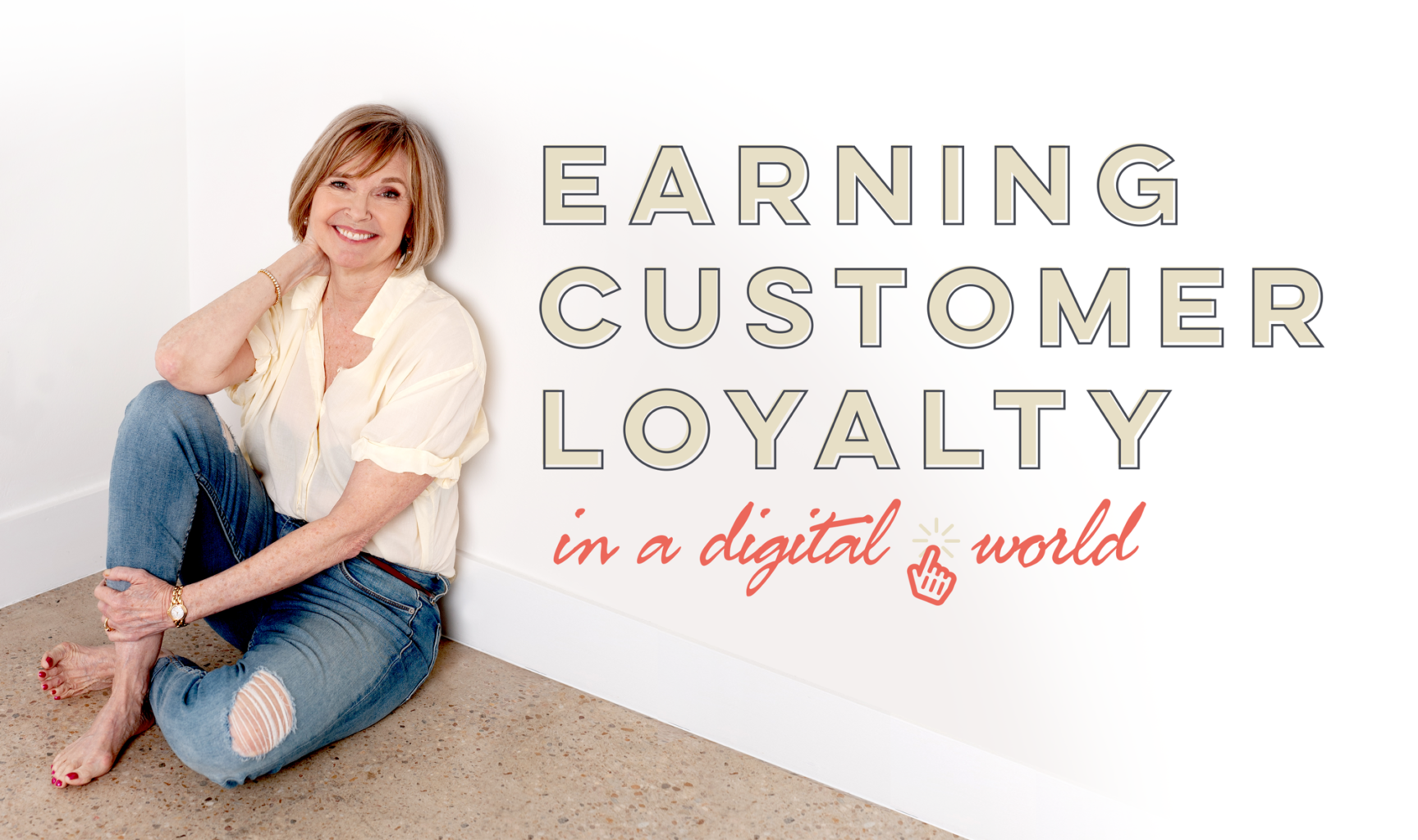
How To Find A Great Mentor
January is National Mentoring Month. I have certainly been blessed with many mentors in my life and they have all had a great impact in their own way. I am grateful for them.
I think it’s important to know that employee retention rates are higher for both mentees (22% more) and mentors (20% more). This is not only a critical step for employees, but also for HR and high level executives to consider in their strategic internal planning.
I spoke recently with Cindy Miller, CEO of Stericycle, to discuss her path to finding the right mentor that will help you grow to your full potential.
Cindy previously worked at UPS for nearly 30 years, growing from a package driver to a President through that time. But she will be quick to tell you that she didn’t do it alone—there were mentors along the way that helped Cindy improve.
Here are some of the highlights of our conversation:
Jill Griffin: How should employees find a mentor if their organization does not have a mentoring program?
Cindy Miller: Mentoring is an important part of personal and professional growth. Formal mentoring programs are a great way to ensure all employees get the support they need. For example, at Stericycle we include formal mentoring as a part of our Management Trainee Program, a two-year immersion program for recent college graduates. However, while 70% of Fortune 500 companies have a formal mentorship program, that still leaves a large number without a formal process to help employees find a mentor, not to mention the millions of other organizations without formal programs.
As four in five (79%) Millennials see mentoring as critical to career success, finding a person who can provide the advice and encouragement of a mentor can therefore be a factor in retention. To ensure your employees have the opportunity to find a mentor even if the organization does not offer a formal program, managers and leaders should empower their employees to look for someone respected within the organization who may mirror their career goals, and help them find the best fit. This may mean reaching out to someone in another office across the country, or simply making an email introduction to a friend in the industry to help facilitate a coffee meeting. Leaders and managers should encourage employees to go into any formal or informal mentorship with a list of goals and ideas of what they would like to accomplish through the partnership. The end goal may be anything from improving communication with clients to receiving a promotion or simply feeling more confident in their role.
Griffin: What are three key attributes to look for in any mentor, regardless of the industry?
Miller:
Humility and Empathy – Although being a mentor can be extremely gratifying and rewarding, it’s not an easy feat. The ability for a mentor to understand and approach a challenge that a mentee may have, which comes naturally to the mentor, is crucial to the role. Along similar lines, being humble is perhaps one of the most vital skills to have as a mentor or a leader in general. Leaders and mentors who have a natural humility will be respected for their attitude and their ideas are more likely to be implemented down the line.
Open Communication – This is a key area that employees should look for in a mentor. Someone who can articulate their experiences and provide clear advice and next steps to advance the mentee’s goal is a critical component of a good mentor. A mentor must also be able to share their own stories of failure and the mistakes that they’ve made, as a learning experience for the mentee and to build trust in the relationship.
Adaptability – The path to mentorship is not a straight line—what a mentee may need, and what a mentor is able to provide may change over time. It’s important to look for this trait in a new mentor as change management is not only a huge part of a mentorship, but also of any role in any company. If a mentee does not already possess this skill, it’s a necessary learning experience to have.
Griffin: What are the best ways to utilize your mentor to benefit both the mentee and the mentor?
Miller:
There are countless ways that a mentorship relationship benefits both the mentor and the mentee, but a few specific areas I recommend focusing on to create a mutually beneficial relationship between a mentor and a mentee include:
● Building Trust – Start a mentor/mentee relationship by simply getting to know each other. Discussing items outside of your day-to-day job may help uncover overlapping passions or experiences that help build trust and create a safe space for discussing more difficult topics down the line. These similarities can provide benefits for both the mentor and the mentee as they’re forming the foundation for open communication and helping both parties understand each other’s needs.
● Setting Goals – After getting to know each other, mentors and mentees should set goals for the relationship. From how often they’ll meet or talk, to what the mentee is looking to accomplish and the ways the mentor can help them succeed. After the goals are set, both parties can slowly establish the objectives needed to achieve success.
● Learning and Development – A mentor can be extremely helpful for mentees in meeting long-term goals. Since they are not the mentee’s direct manager, they can provide an outsider’s perspective on the skills and experiences the mentee needs to progress in their role. A mentor can provide honest, unbiased counsel and encourage a different form of thinking to attack a challenge or tackle a project. Willingness to learn also applies to the mentor. While the mentee is likely less experienced in the field, mentors will still significantly learn from their work together, whether it’s tactical strategies, people relations or management skills.
Griffin: Do you need to be a manager to be a mentor?
Miller: You certainly do not need to be a manager to be a mentor. For example, a peer mentor may be an employee focused on helping a person in a similar position or career phase to adjust to their role. For those who would like to become a manager down the road, or help further develop their own management skills, becoming a peer mentor is an option that will not only help a colleague’s personal development, but their own as well.
Additionally, not all managers are meant to be mentors. A good mentor must have that specific communication and emotional skill set, which not all managers possess, that allows them to be sensitive, empathetic and patient, while still providing the hard truth and constructive feedback.



